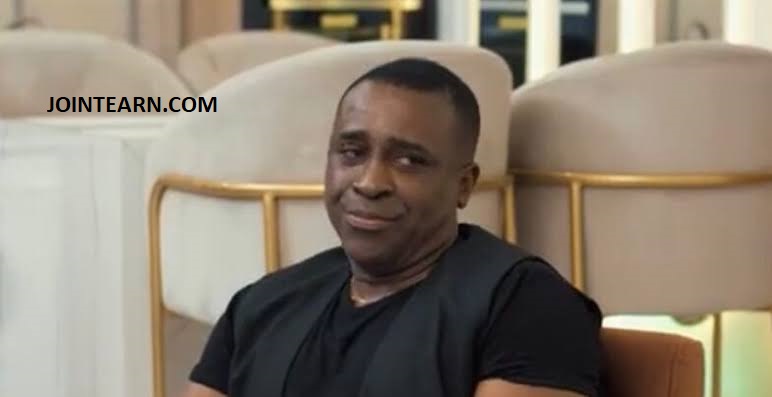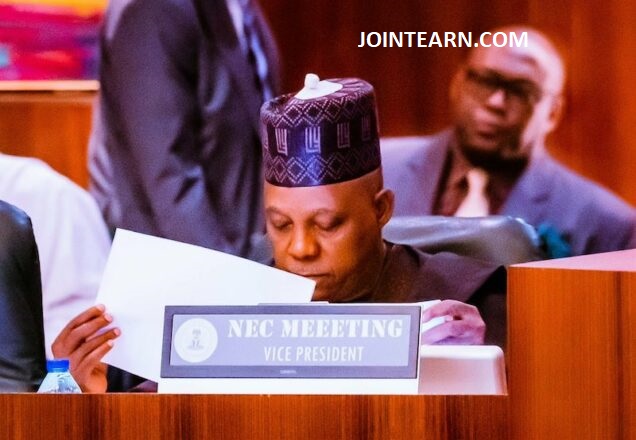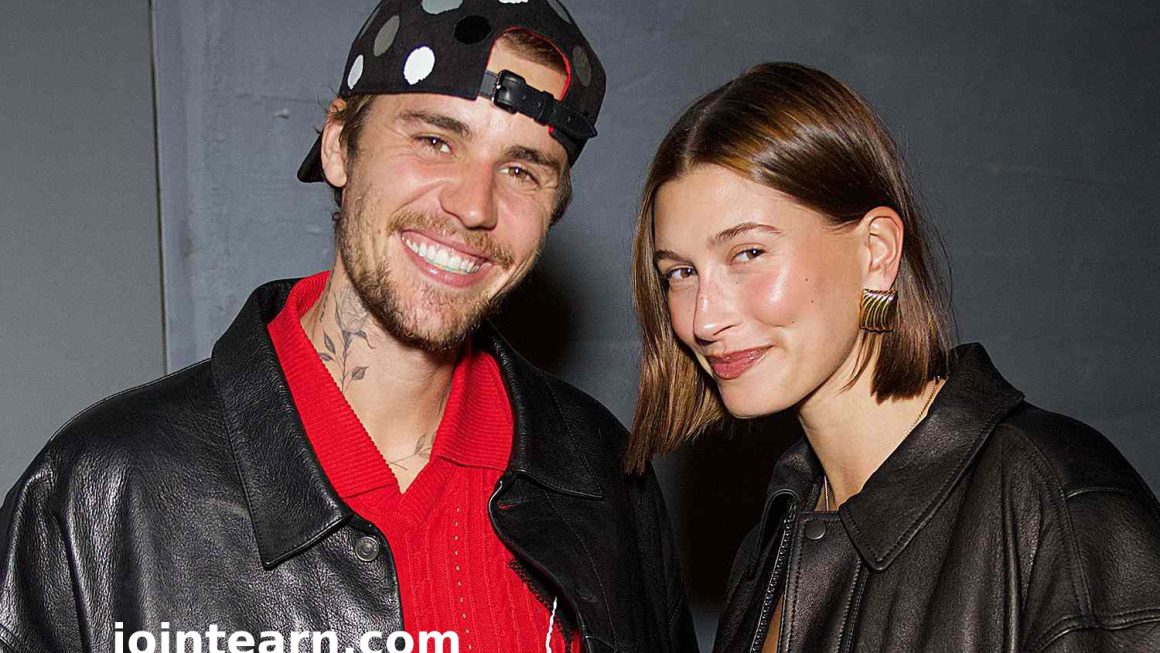Popular television host and media personality, Frank Edoho, has stirred up a heated conversation across social media platforms following his recent comments suggesting that “most women don’t like nice guys.” The former Who Wants to Be a Millionaire host made the statement during an interactive social media discussion, triggering a flood of reactions from both male and female audiences.
Edoho, known for his sharp wit and articulate opinions, took to his official X (formerly Twitter) page to share his thoughts on modern relationships. In a post that quickly went viral, he wrote: “The painful truth is, most women don’t like nice guys. They say they do, but in reality, they gravitate towards men who keep them emotionally unbalanced and guessing.”
While Edoho clarified that his comment was based on observation and not a blanket statement about all women, the post has since attracted thousands of responses, sparking intense debates about gender dynamics, relationship preferences, and societal expectations.
In follow-up posts, Edoho attempted to elaborate on his views, saying that many women often misinterpret kindness as weakness. “Being a gentleman or being emotionally available should be a good thing,” he wrote. “But in today’s dating world, too many people see that as a lack of excitement or masculinity. That’s why so many good men get sidelined.”
The TV host further stated that the cultural narrative around relationships has shifted significantly over the years, creating confusion around what qualities are truly valued in a partner. According to him, toxic traits such as dominance, aloofness, and mystery are often romanticized, while consistency, loyalty, and emotional vulnerability are downplayed.
Edoho’s remarks have since drawn mixed reactions. While some social media users, particularly men, agreed with his position and shared personal experiences of being overlooked for being “too nice,” others, especially women, pushed back against the generalization, calling it outdated and reductionist.
A female user responded, “Nice guys are not being rejected because they’re nice. They’re being rejected because many of them think being nice means entitlement to someone’s affection. Women want emotionally intelligent, respectful, and confident partners — not doormats.”
Another user tweeted: “The ‘nice guy’ narrative is so tired. You can be kind and still be assertive, fun, and attractive. Many men confuse being passive or uninteresting with being kind. That’s not the same thing.”
Despite the backlash, others came to Edoho’s defense, applauding him for saying what they believe many men are afraid to admit. One user wrote: “Frank said what a lot of men think but don’t say out loud. Society praises bad behavior, and genuine people are often left behind.”
Relationship counselors and psychologists also weighed in on the issue, noting that the perception of the “nice guy” is complex and often shaped by both gender expectations and individual experiences. According to relationship coach Tolu Adebayo, the statement, while controversial, touches on real issues faced in modern dating.
“There’s a recurring pattern, especially among younger adults, where emotional detachment is glamorized. The ‘nice guy’ often suffers because he’s not seen as a challenge or doesn’t activate the thrill factor some people seek in relationships,” Adebayo said. “However, this doesn’t mean women don’t want good partners — it’s about the balance between kindness and confidence.”
Other analysts pointed out that the root of the issue lies not in the personalities themselves, but in compatibility, emotional maturity, and timing. “A lot of times, people don’t recognize the value of a genuinely kind partner until later in life, after certain lessons have been learned,” said lifestyle writer Efe Omoregie.
Frank Edoho has since responded to the backlash, clarifying that his intention was not to paint women in a negative light but to spark reflection on the often overlooked dynamics of modern relationships. “It’s a conversation we need to have. If we don’t talk about these things openly, we keep repeating the same patterns and blaming each other,” he said.
As the debate continues, many have commended Edoho for initiating a broader conversation about relationship values, emotional awareness, and the evolving definitions of masculinity and femininity. Whether people agree with his stance or not, one thing is clear: Frank Edoho has once again ignited a national conversation.
The media personality, known for his no-holds-barred approach to commentary, remains unapologetic about his views. In his own words, “It’s better to be real and criticized than fake and accepted.”











